|
The dreaded R-word is something we will have to talk about as Singapore’s economy has slowed down considerably. By Khalil Adis You have probably heard it. The ongoing trade war is impacting our economy. Figures from the Ministry of Trade and Industry last week confirmed this showing that Singapore’s economy grew by 0.1 per cent in the second quarter of 2019. This is much slower than the 1.1 per cent growth in the previous quarter. It was also the city-state’s lowest growth in a decade. Additionally, the latest data from Singapore’s trade agency Enterprise Singapore showed that Singapore’s exports fell 17.3 per cent in June in both electronic and non-electronic exports. This marked the fourth straight month of year-on-year decline. While we may bemoan about the state of the economy, we can also use it as an opportunity to improve ourselves. Here are the three ways to recession-proof your job: #1: Invest in yourself We often speak about investing in stocks, shares, unit trusts and properties but rarely ever do we invest in ourselves. When I talk about investing in yourself I am referring to constantly upgrading our skills to stay relevant with the changing market. With the advent of technology and apps, our world has changed by leaps and bounds. Disruption is the order of the day. From Grab to Airbnb, they are disrupting traditional businesses and if we do not keep up, we risk becoming obsolete. For example, I used to write 2,000-word articles but I realised that consumers do not have time to digest everything. With social media, they want news in bite-sized nuggets that are easy to understand. As such, I had to read up on what makes an article ‘clickable’ and constantly rewrite my headline to make it catchy. One such ‘unicorn’ article was a story that I wrote for iProperty Malaysia. It turned out to be the number one story in Malaysia last year! Likewise, in your chosen field, you will need to react to changing consumer trends. For example, if you are in marketing, you might want to understand how to use social media like Facebook and Instagram to plug your products to consumers. This could mean curating interesting content, videos and photos with a call-to-action button to get more leads. The library is a good start as it offers a vast array of books to do some research. Also, you can use your SkillsFuture credit to sign up for courses. For a full list of course, click here #2: Have multiple income streams Let's face it - retrenchments are on the rise. Instead of worrying and being unprepared if you will be axed, why not have a back-up plan just in case? Don’t just depend on your salary for your income. Instead, use it to develop other revenue streams. For example, you could consider opening a bank account that offers attractive interest rates. DBS has a Multiplier Account that pays your interest when you use it to bank in your salary, pay your mortgages and manage your expenses. You might also consider investing in Real Estate Investment Trusts (REITs) which you can buy direct from your local banks like DBS and OCBC. Typically REITs invest in various properties such as shopping malls, industrial properties and so on. REITs are paid every quarterly or every six months with an average return of around 6 per cent. That’s better than putting your money in your bank account. However, do read up on the various REITs in the market before you invest. #3: Start an online business Starting a business does not necessarily have to be capital intensive.
Online business is one such example. Online shopping is the way to go as consumers now preferring to buy things online rather than in the store. If you haven’t already noticed, some well-known retailers on Orchard Road have already rolled down their shutters due to high rental and operating costs. This makes e-shopping a viable market provided you have the right products. To set up an online store will require you to buy a domain where you can design the website on your own such as via Wix or Weebly. This will set you back at around less than US$100 annually. Good luck!
0 Comments
The latest data from various Singapore’s government agencies do not look good suggesting a sluggish property market ahead. By Khalil Adis If you are feeling the heat from the sluggish economy, you are not alone. In fact, chances are if you are running a business, you would have noticed more businesses rolling down their shutters since the beginning of 2019. Meanwhile, workers are worried about job security. Coupled with the current China-US trade war, this will have a significant impact on Singapore’s export-dependent economy and the job market. As such Singapore’s property market is expected to be in the doldrums this year. Here are three key indicators: #1: Non-oil domestic exports (NODX) decreased by 15.9% in May 2019 The latest figure from Singapore’s trade agency, Enterprise Singapore, do not look good with a decline recorded in non-oil domestic exports (NODX) due to China, Taiwan and Hong Kong in May 2019. The drop was partly due to a sharp decline in shipments to China, following the 10.0 per cent decline in April 2019. The national trade agency said both electronic and non-electronic exports decreased. On a month-on-month seasonally adjusted basis, NODX rose by 6.2 per cent in May 2019, after the previous month’s 0.7 per cent decrease. Non-electronic NODX grew while electronics declined. On a year-on-year basis, total trade decreased by 2.1 per cent in May 2019. This was after the 3.2 per cent growth in the preceding month. Meanwhile, total imports declined by 0.5 per cent in May 2019, after the 7.6 per cent rise in the previous month. Total exports decreased by 3.4 per cent in May 2019, following the 0.5 per cent decline in April 2019. The largest contributors to the NODX decrease were China (-23.3 per cent), Taiwan (-34.7 per cent) and Hong Kong (-24.8 per cent). Overall, exports to the majority of Singapore's top markets decreased in May, except to the US. #2: More workers were retrenched in the first quarter of 2019 With trade declining, it has had a knock-off impact on the job market. According to a report released by the Ministry of Manpower on Thursday (June 13), more workers were retrenched in the first quarter of this year compared to the previous quarter and a year ago. The ministry’s latest report said this increase was driven by manufacturing and affected workers in production and electronics. For example, as of the first quarter of this year, 3,230 workers were retrenched. This was higher than the quarter before with 2,510 workers affected and a year ago (2,320). The top reason cited for retrenchments was business restructuring and reorganisation. Meanwhile, the number of job vacancies declined following seven quarters of increase. According to the ministry, it declined from 62,300 in December 2018 to 57,100 in March 2019. #3: Government to reduce the supply of private residential units for the second half of 2019 According to the Urban Redevelopment Authority (URA), there is a large supply of around 44,000 private housing units in the pipeline. This comprises around 39,000 unsold units from the Government Land Sales (GLS) Programme and en-bloc sale sites with planning approval, and an additional 5,000 units from sites that are pending planning approval. In addition, there are around 24,000 existing private housing units that remain vacant. “Given these factors, the Government has decided to reduce the supply of private residential units on the Confirmed List for the GLS Programme,” the URA said in its statement. As such, the GLS Programme for the second half of 2019 will comprise five Confirmed List sites and eight Reserve List sites. According to the URA, these sites can yield about 6,430 private residential units, 92,000 sq m gross floor area (GFA) of commercial space and 1,100 hotel rooms The five Confirmed List sites are private residential sites (including one Executive Condominium site) which can yield about 1,715 private residential units (including 480 EC units). Summary Singapore is a very open economy and will be the first in the region to experience the shocks arising from the ongoing trade wars.
However, this will be mitigated by government spendings in building infrastructure projects such as the upcoming Thomson East Coast Line (TEL) and the Cross Island Line (CRL). Meanwhile, the large supply of private residential units will favour tenants and buyers as they will be spoilt for choice. It will also mean the rental and resale private property market will likely see a price decline due to the supply in the pipeline. Vacancy rates for private properties will also increase. As such, landlords will likely drop their rentals as more units come on-stream. |
Khalil AdisAn independent analysis from yours truly Archives
July 2023
Categories
All
|
100 Peck Seah Street
|
|
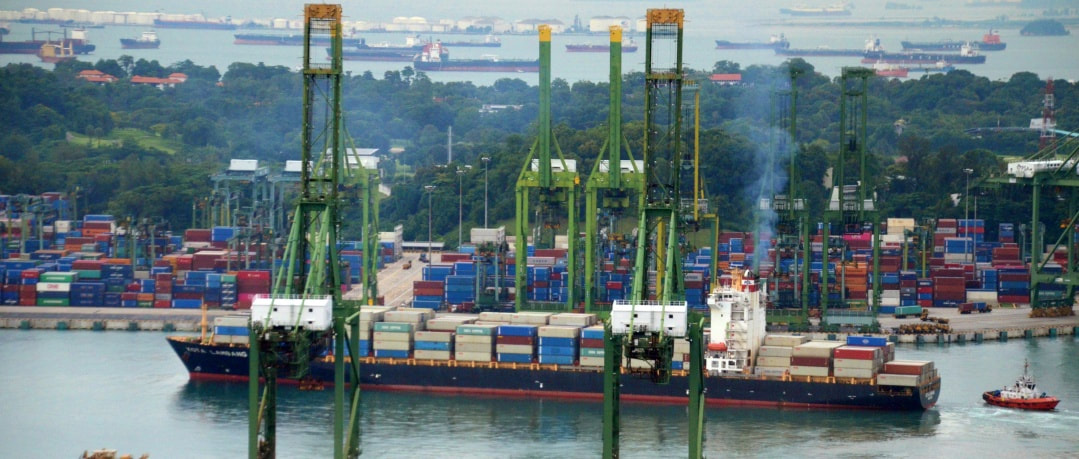
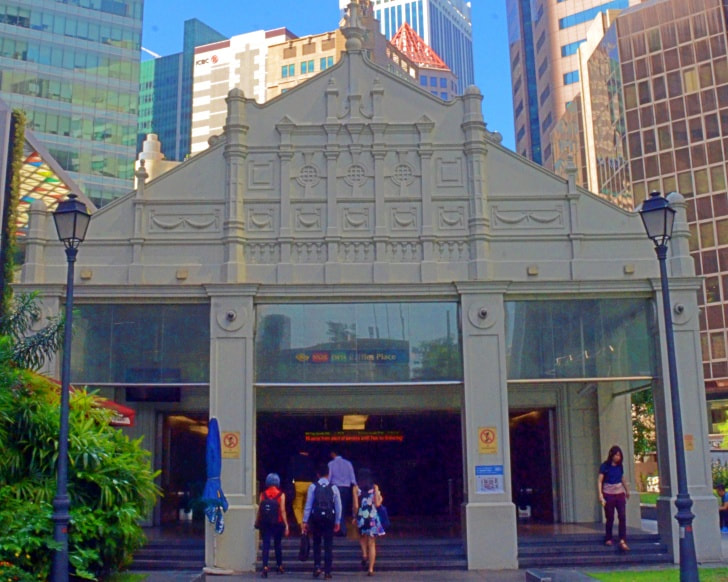

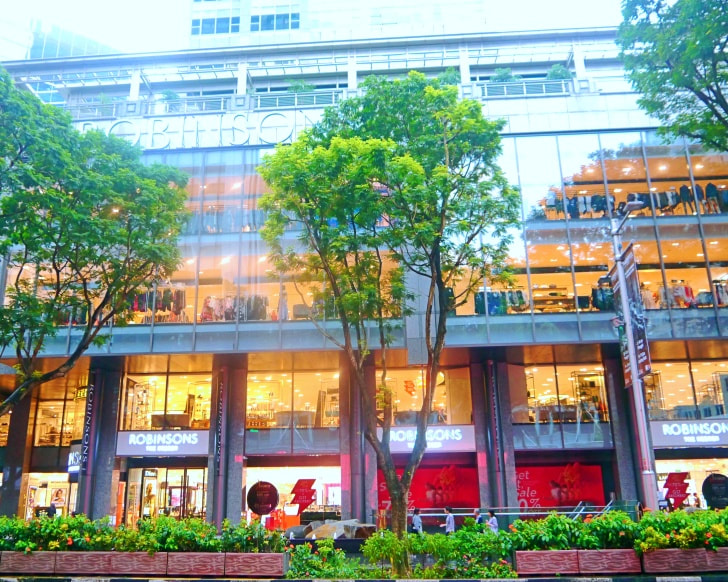


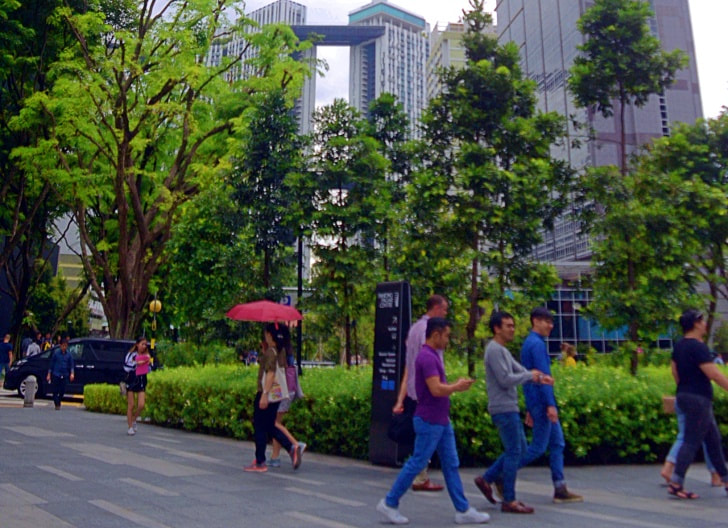

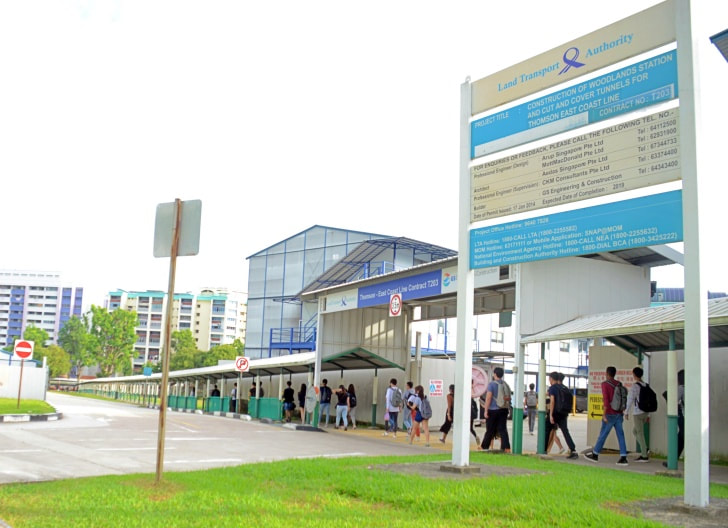
 RSS Feed
RSS Feed
